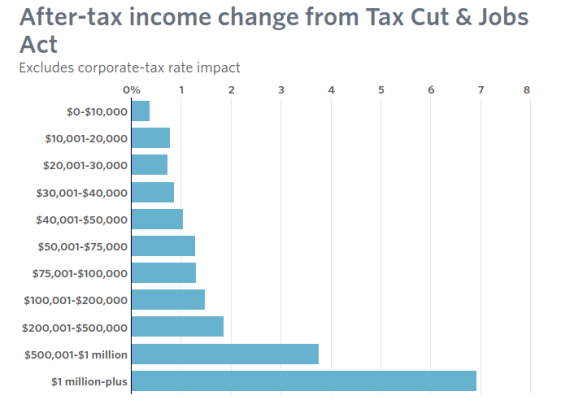Where does the 1.5T number come from? If it is from the CBO, as I understand it, they are required to do a 'static' model, and there are some 'dynamic' models that include the estimated effect of increased business activity from lowering corporate taxes, and I think, returning funds to the US.
Sorry, I don't have sources for that, and don't have time right now to look them up - I haven't paid too much attention to these proposals, as like others have pointed out, they could change a lot and may not get anything passed. But I think the 'static' versus 'dynamic' modeling may be the key to your question.
-ERD50

